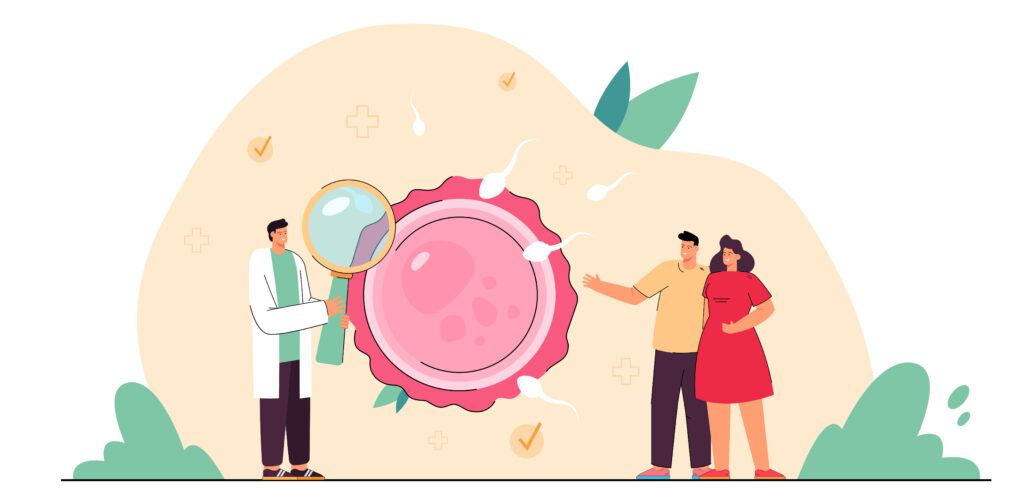What’s a Heart Transplant?
Heart transplant is a major operation of replacing a diseased heart from a person with a healthy heart from an organ patron. A person can only contribute their heart once they’ve been declared brain-dead. And their family has agreed to contribute the organs of their favored bone’s.
Heart transplant is done only when the case’s health doesn’t get better after trying multiple other treatment styles or drug. Still, once you get a heart transplant, you can live a good and healthy life, if you follow the croaker’s instructions and take your drug on time.
What are the reasons for getting a Heart Transplant?
A heart transplant is major surgery. It isn’t the first treatment option for a patient suffering from heart conditions. Still, if your heart is failing and all the other treatments have failed, also your croaker might recommend you to get a heart transplant. Colorful reasons can beget heart failure, similar as-
Heart attack (myocardial infarction)
High blood pressure
Heart stopcock complaint
Heart muscle infection
Heart blights since birth ( natural heart)
Irregular measures or jiffs (arrhythmias)
Substance abuse
Lung complaint
Low red blood cell count
Heart muscle infection
Thick, stiff and enlarged heart muscle (cardiomyopathy)
Low red blood cell count (anemia)
Who can not have a Heart Transplant?
Occasionally, getting a heart transplant isn’t the right option for you. Since it’s major surgery, your body bears a lot of strain, which may risk your life and therefore overweigh transplant’s implicit benefits.
You may not be suitable to get a heart transplant if you are-
Old, above the age of 65
Inordinate substance abuse
Blood vessels damaged due to diabetes
Have an active infection
Have other conditions related to liver, order, lungs or jitters
Have cancer or have overcome it lately
Heart Transplant Procedure
Before the procedure
Before you’re named as an applicable seeker for heart transplant, your croaker will ask you to get a couple of tests done and will also review your medical history to determine your condition. The tests include cerebral tests, blood tests, and individual tests. The blood tests will make it easier to find a patron heart that matches your blood type to avoid the threat of your body rejecting the new heart. Through individual tests includingX-rays, ultrasounds, CT reviews, etc, your overall health will be checked.
Staying for a Donor Heart
Once your croaker has approved you as an eligible seeker for heart transplant, you’ll be put on a waiting list. Sorely, the number of cases for heart transplant exceeds the number of patron hearts available so the waiting time for getting a heart transplant might be long. It also depends upon the size of your heart, your blood type, and the inflexibility of the heart complaint.
During the transplant
Once you’re ready for the surgery, you’ll be given general anesthesia, which will put you in a deep sleep till the transplant is over.
Your body will be connected with a heart lung bypass machine. This machine will maintain the inflow of oxygen rich blood in the body, indeed when the heart is being operated.
Using a sharp tool, the surgeon will make an gash in your casket. The surgeon will also cut the casket bone to reach your diseased heart.
The heart will be removed except for its upper 2 chambers, and the aft walls of the gallerias.
The new heart will be also placed at the recently vacated spot and will be connected with the blood vessels, and the blood will be suitable to flow through the heart and lungs.
Once the heart starts beating, the bypass machine will be removed.
The casket bone will be closed and the sin and apkins will be closed with the help of apkins.
Heart transplant surgery is an open heart surgery and takes a lot of time, around 4 to 10 hours.
After the transplant
After the surgery, you’ll be put in an Intensive Care Unit for nonstop monitoring to see that your heart is working duly.
The nanny will keep a check on your blood pressure, breathing rate, oxygen position, and other vitals via machines connected to you.
You’ll be put on a ventilator for a many days. This ventilator will help you to breathe. Gradationally, as you start breathing yourself, the machine will be acclimated consequently to allow you to breathe on your own.
Originally, a tube will be fitted into your mouth to give fluids and other nutrients to the body.
After getting a heart transplant, you might have to daty in the sanitarium for one to two weeks depending upon your recovery rate and other factors.
When the croaker thinks that you’re recovered enough, you’ll be transferred back home with clear instructions regarding the drug and follow-up visits.
What are the pitfalls associated with a Heart Transplant?
Since heart transplant surgery is a major operation, there are pitfalls of certain complications that could do at any time. Some of these complications might take place a many days after the transplant while others might take months or indeed times.
These pitfalls are-
Donor heart rejection
Rejection of the patron heart is one of the most common and significant pitfalls associated with a heart transplants. Your vulnerable system might see the patron heart as a foreign body and fight against it like it does with any other contagion or bacteria that enters the body. This can damage the heart. To help the vulnerable system from doing so, you have to take immunosuppressants for the rest of your life. They can reduce the threat of rejection by weakening your vulnerable system but can not always help it from passing.
To insure that your heart is working duly, you’ll have to visit your croaker constantly to get necropsies done (till at least the first time of transplant).
During Biopsy, a tube is fitted inside a tone through the neck or groin and directed to the heart. And a vivisection device, which runs through the tube takes a small sample of heart towel for examination in a lab.
Graft Failure
There are certain cases in which, soon after the transplant the patron heart fails and stops working duly. This condition is what causes the most frequent deaths during the first many months of transplant.
Problems in highways
After the heart transplant, there’s a possibility of thickening and hardening of the blood vessels connected to the new heart, leading to cardiac allograft vasculopathy (CAV). This is a long- term condition, which might make it delicate for the blood to reach your heart and could lead to a heart attack, heart arrhythmias, or occasionally indeed a unforeseen cardiac death.
Side goods of drug
There are certain pitfalls you may face due to the immunosuppressants you ’ll have to take for the rest of your life to help rejection of the patron heart. There’s a threat of – order damage, increased threat of infections and cancer, diabetes, osteoporosis, weight gain and high blood pressure.
Still, you should incontinently communicate your croaker-
If you notice any of the followingsymptoms.Fever, chills
Low blood pressure
Casket pain
Extreme frazzle
Pain, greenishness, swelling or bleeding at the gash point
Difficulty in breathing
These could be signs of rejection or infection and should be treated as soon as possible to avoid farther damage.
After care
To increase the possibility of healthy life after getting a heart transplant surgery, there are certain life changes you’ll have to make. Similar as-
Proper drug
Make sure that you take all the drugs as per your croaker’s instructions. These immunosuppressants will help the body from rejecting your new heart. Still, they beget other problems in the body like creating a threat of – high BP, order damage, decaying of bones, increased threat of infections and cancer and much further. Fresh drug is specified to combat these.
Follow up movables
Noway miss a follow up appointment with your croaker, as they will check the functioning of the transplanted heart and see to it that no complications have risen. You might have frequent follow-up movables in the morning after the transplant, still as the time passes the frequence of visits will drop.
Exercise
Still, you’re recommended to exercise regularly to keep the transplanted heart healthy and to avoid weight gain, If you have gotten a heart transplant. Still, since a transplant heart beats faster (100-110 beats per nanosecond) than a normal heart ( roughly 70 beats per nanosecond), you should consult your croaker or a physiotherapist regarding the type of exercise most salutary for you. Exercising will also help you increase your strength and mobility to a great extent.
Diet
A balanced diet is veritably salutary after getting a heart transplant surgery as it’ll make the body heal briskly and keep you healthy. It might also help reduce the side goods of immunosuppressants like- weight gain, high blood pressure, diabetes and osteoporosis.
FAQs
Q-1. What’s the heart transplant cost?
Ans. The cost of a heart transplant can vary anywhere between 20 – 25 lakhs. This includespre-transplant evaluation, the surgery itself, and thepost-transplant recovery period.
Q-2. How long can you live after a heart transplant?
Survival rates after heart transplantation vary grounded on several factors. Survival rates remain to ameliorate despite an increase in aged and advanced- threat heart transplant donors. Worldwide, the overall survival rate is further than 85 after one time and about 69 after five times for grown-ups.
Q-3. What’s the success rate of heart transplant?
Ans. Around 85-90 of heart transplant cases live up to one time after their surgery. The monthly death rate after one time is 4. The one- time survival rate in people with natural heart complaint is 79.



